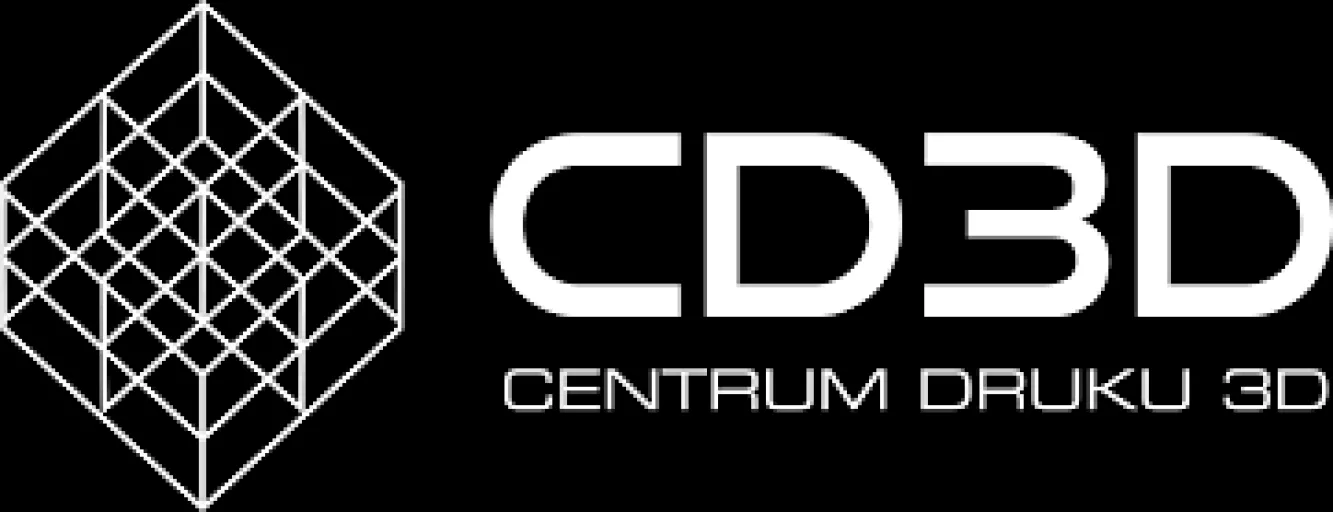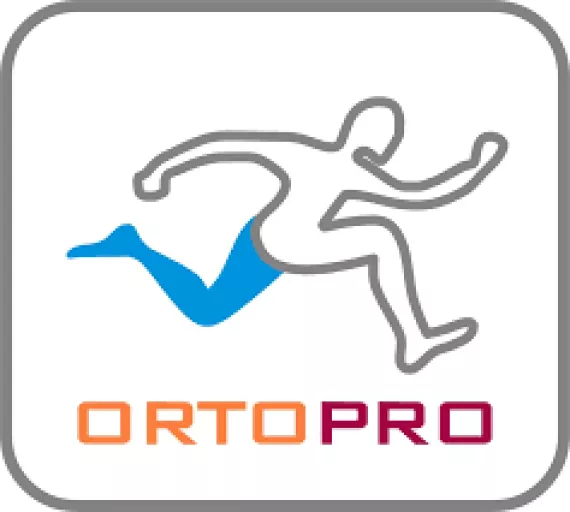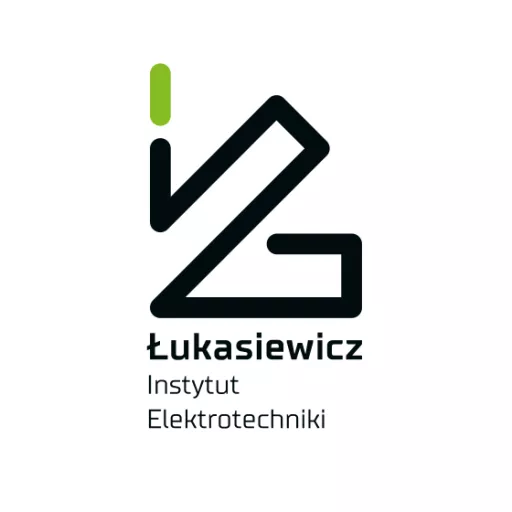I always wanted to combine the power of different disciplines to create something that could serve and help people. Today I can confirm that this was the right decision. The medical job market is very much focused on all innovations and technological developments.

Biomedical Engineering
Professional title
Cycle of study
Mode of study
Number of semesters
Language of instruction
Admission
Subjects passed at the baccalaureate exam
Additional subjects
Professional diploma
Dyplom zawodowy
W rekrutacji na ten kierunek nie jest brany pod uwagę dyplom technika
About the field of study
Biomedical Engineering allows you to combine knowledge from different scientific disciplines to design the most modern and best suited to human needs medical apparatus, diagnostic and therapeutic systems. Students will learn advanced applications of medical IT, as well as medical electronics. They will gain a background in complex medical diagnostic systems to solve important design problems. Not only will they learn in theory about the performance of materials that can come into direct contact with the tissues of the human body and the technologies for their use, but they will establish cooperation with doctors in the operation and design of medical equipment, diagnostic and therapeutic systems. Biomedical Engineering is one of the few majors where scientific minds who love medicine can develop their talents.
The study program can be found here
Specializations:
- Biomedical Informatics and Textronics,
- Biomaterials Engineering
Graduate opinions
Competencies you will gain
About you
Reason tells you to study engineering, while your heart tells you to study medicine? Biomedical Engineering allows you to combine both! This is a field of study for people who would like to get a comprehensive education in the sciences. Through your studies, you will gain qualifications in many areas of biomedical engineering. Anatomy, Biophysics and even Robotics are just a few of the subjects where you will learn about working methods and make your first biomedical materials. Theoretical classes will give you an education in the intersection of biology and medicine, but also chemistry, physics and technical sciences. You will be able to use your new knowledge in practical classes, where you will design your first diagnostic devices. You will also learn about the advanced possibilities of using 3D printing to create implants and other means of medical application.
Internship
Job perspectives
- hospitals, clinical, outpatient and clinic units, and other treatment units,
- Manufacturing institutions of medical apparatus and devices,
- commercial marketing and technical acceptance units, as well as accreditation and attestation units for medical equipment and devices,
- Design, construction and technology companies for medical equipment and devices,
- scientific research and consulting units and medical administration,
- a sector of companies that manufacture or service medical equipment, develop IT solutions related to biometrics or biomedical data analysis, design and manufacture biomaterials, prostheses or implants,







